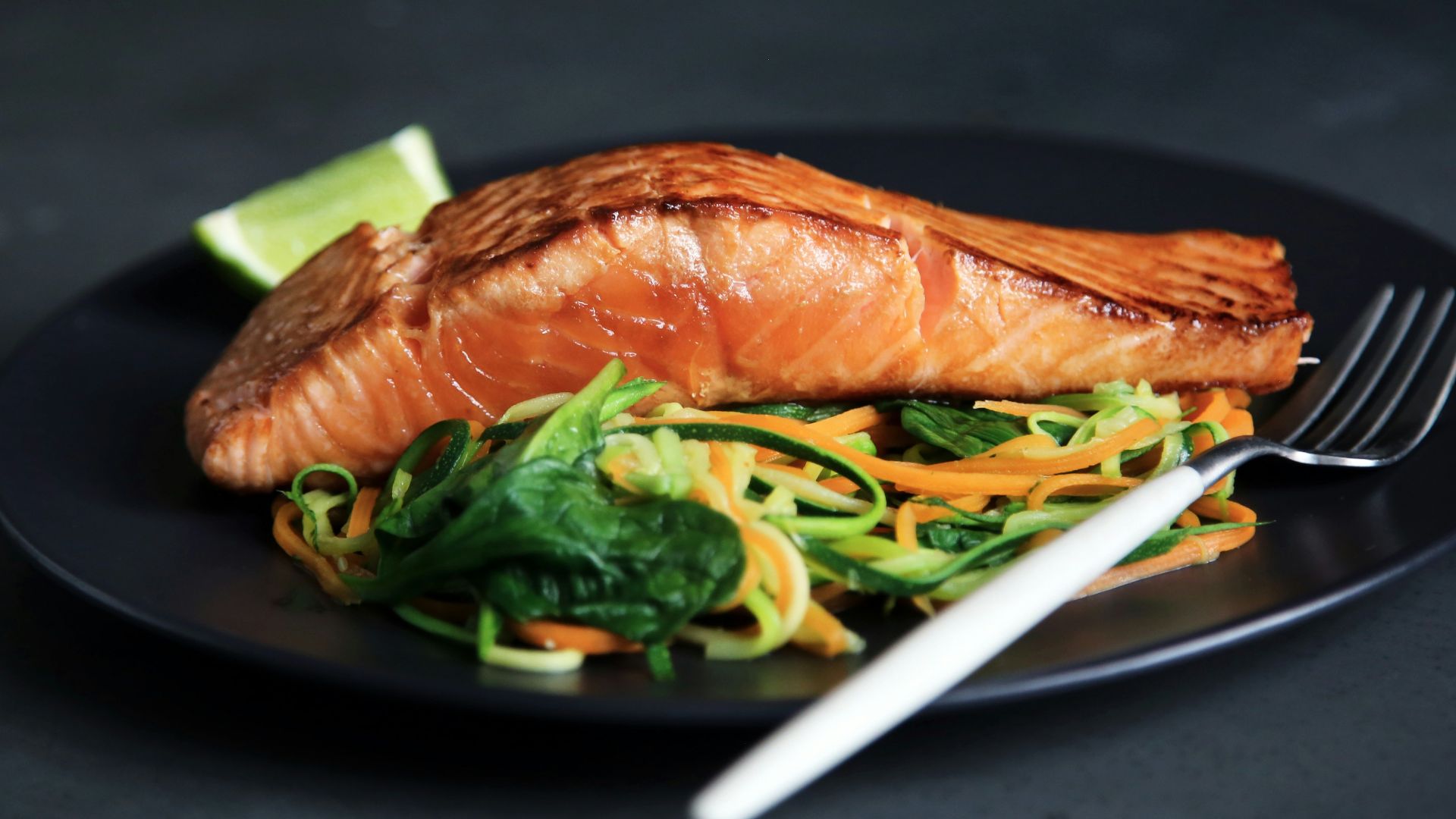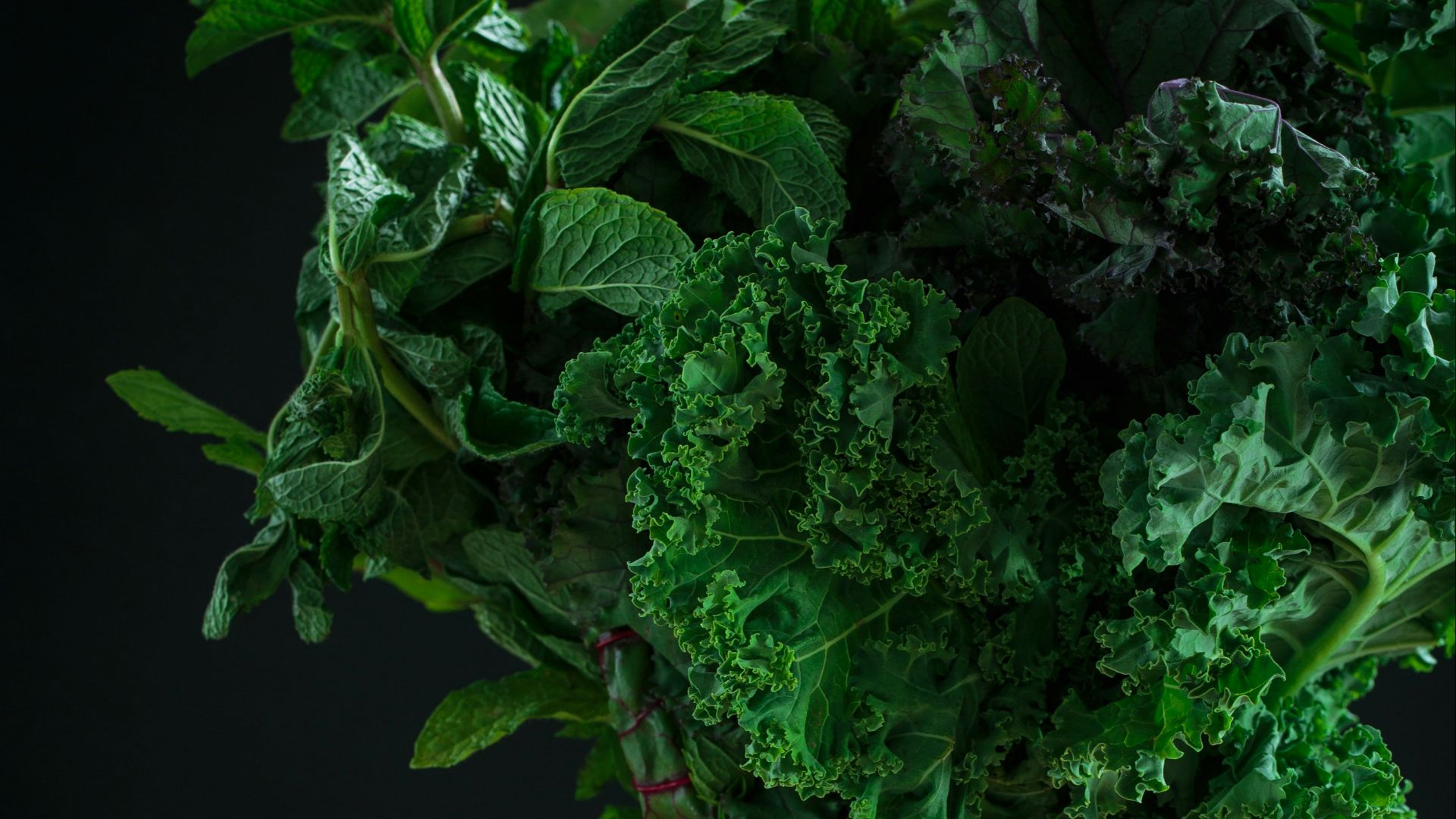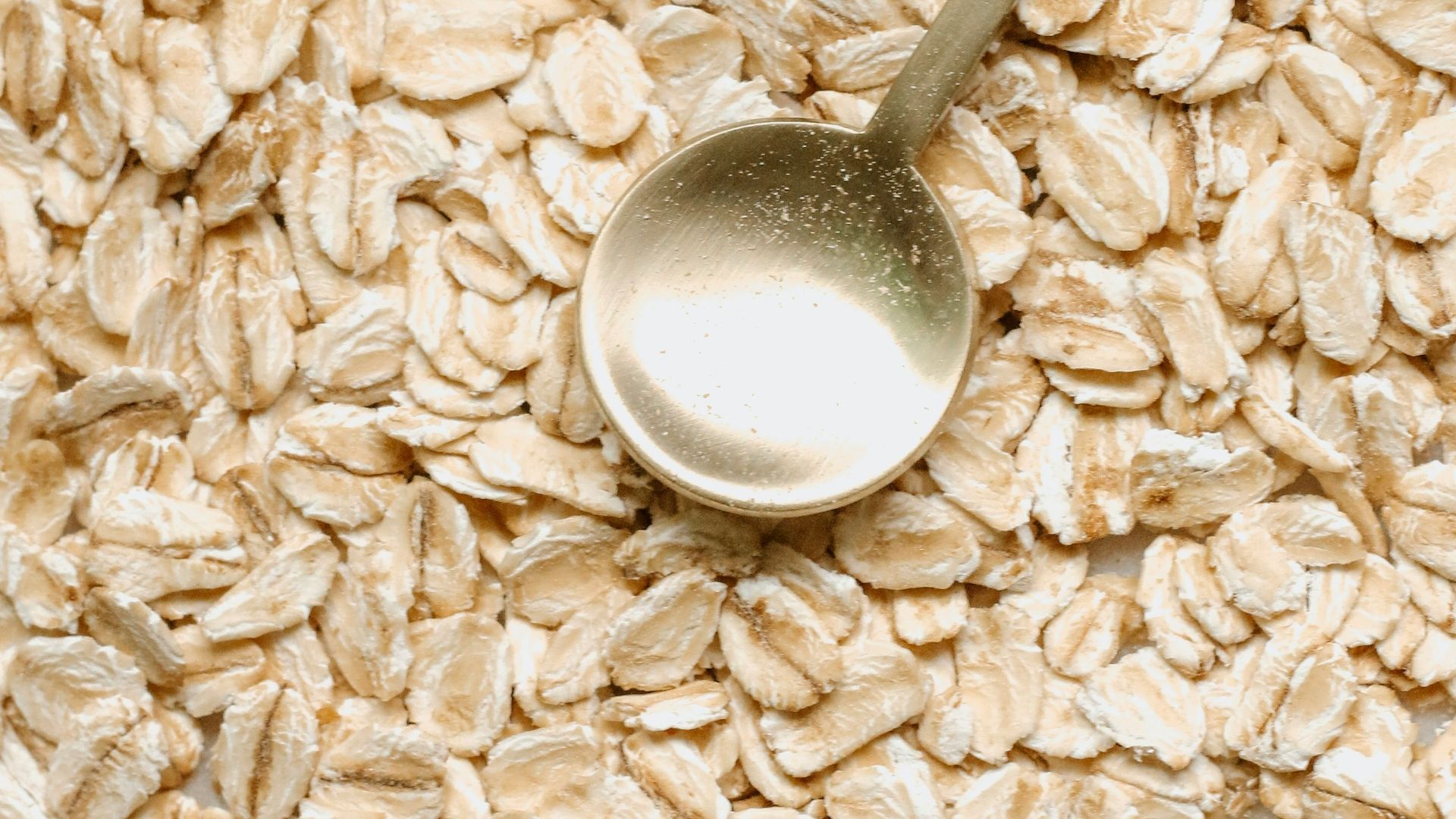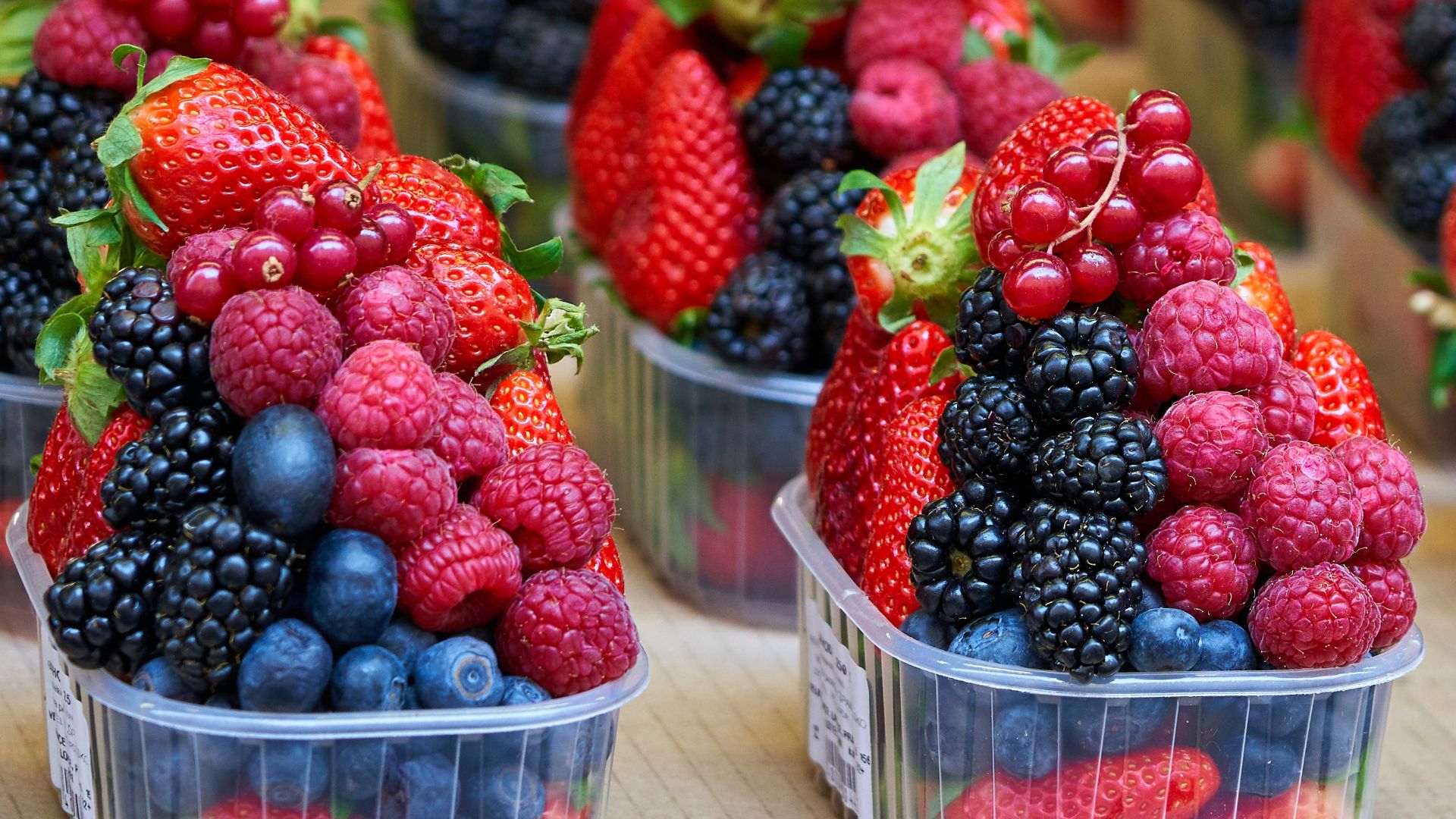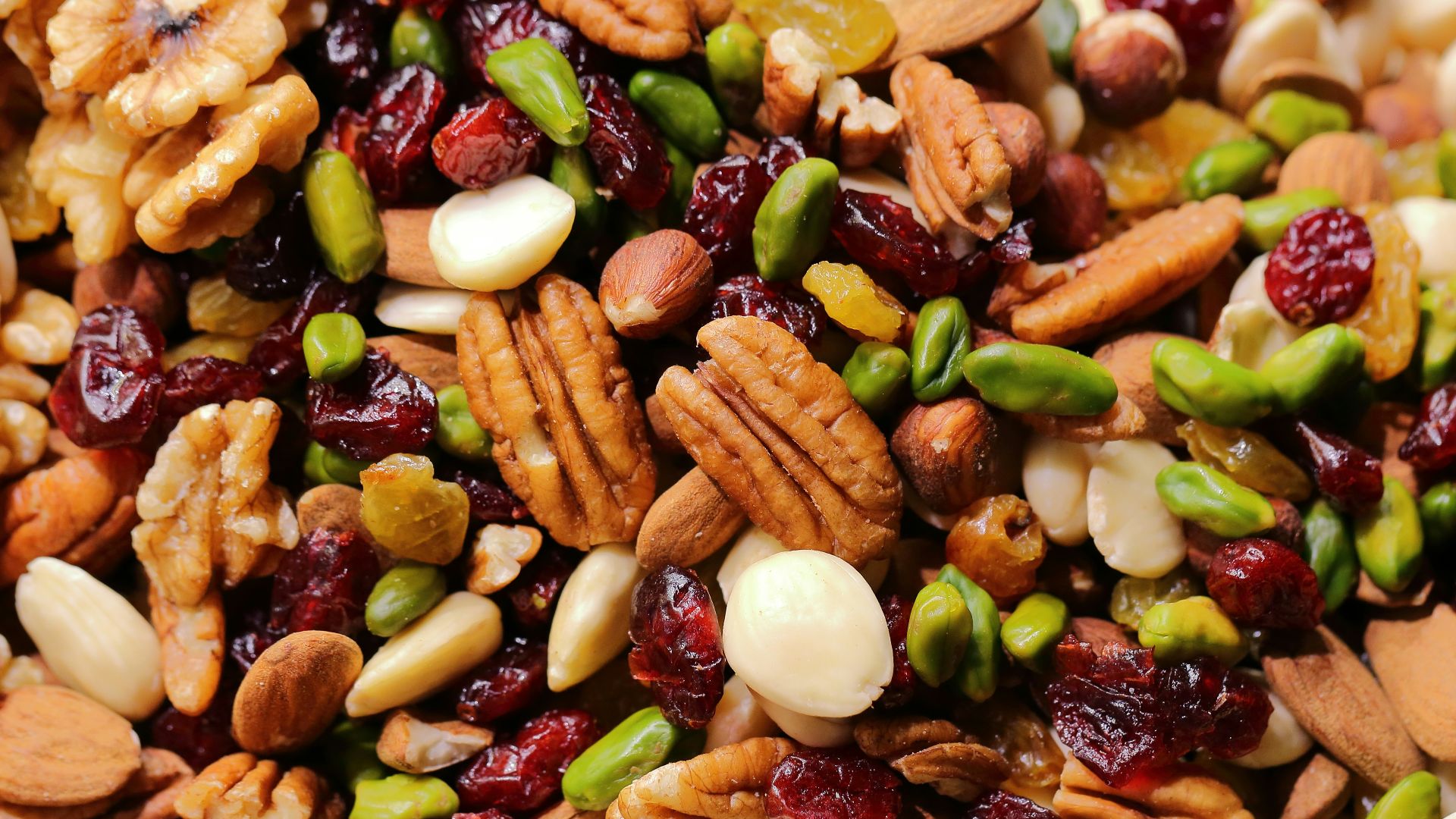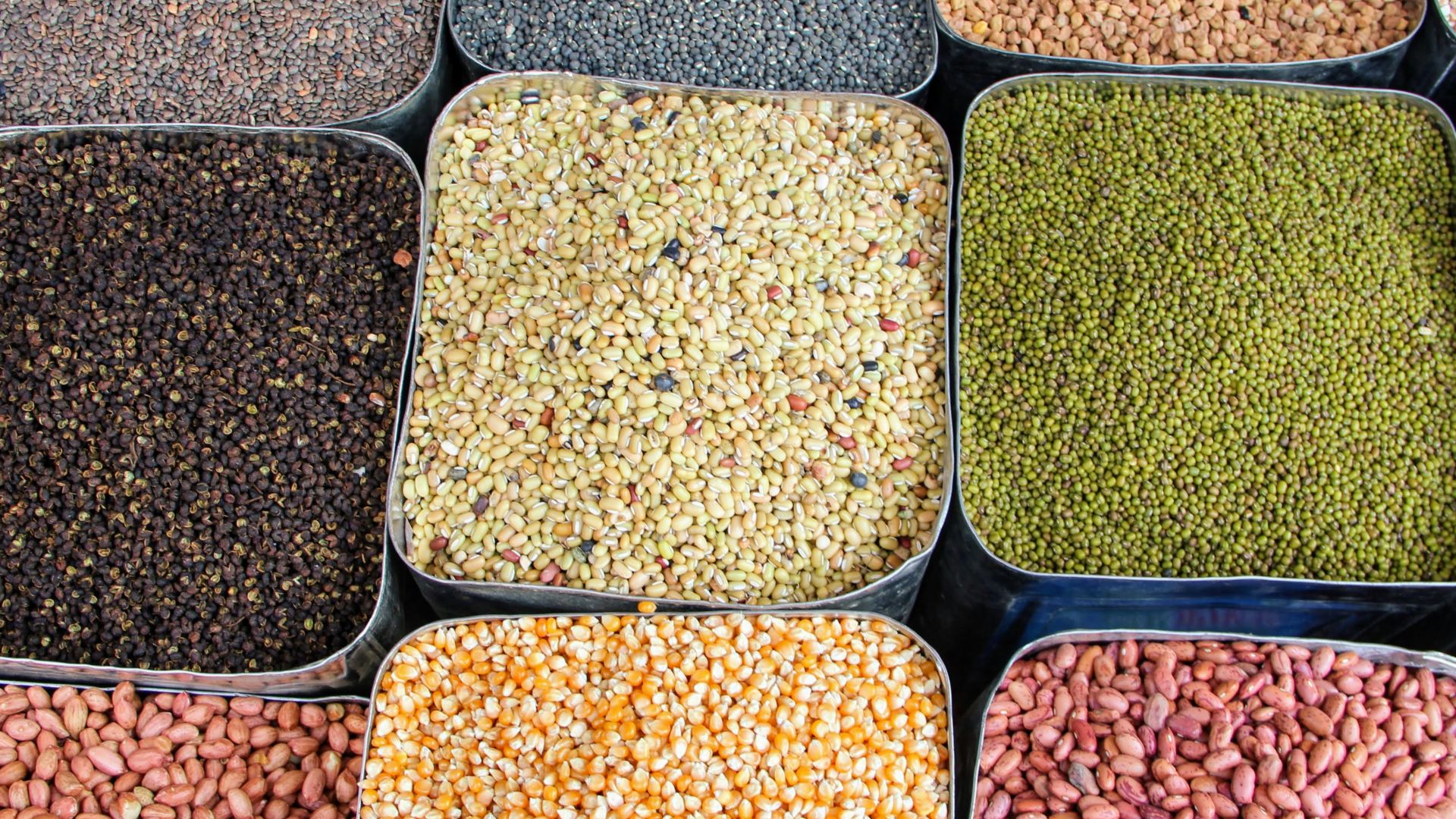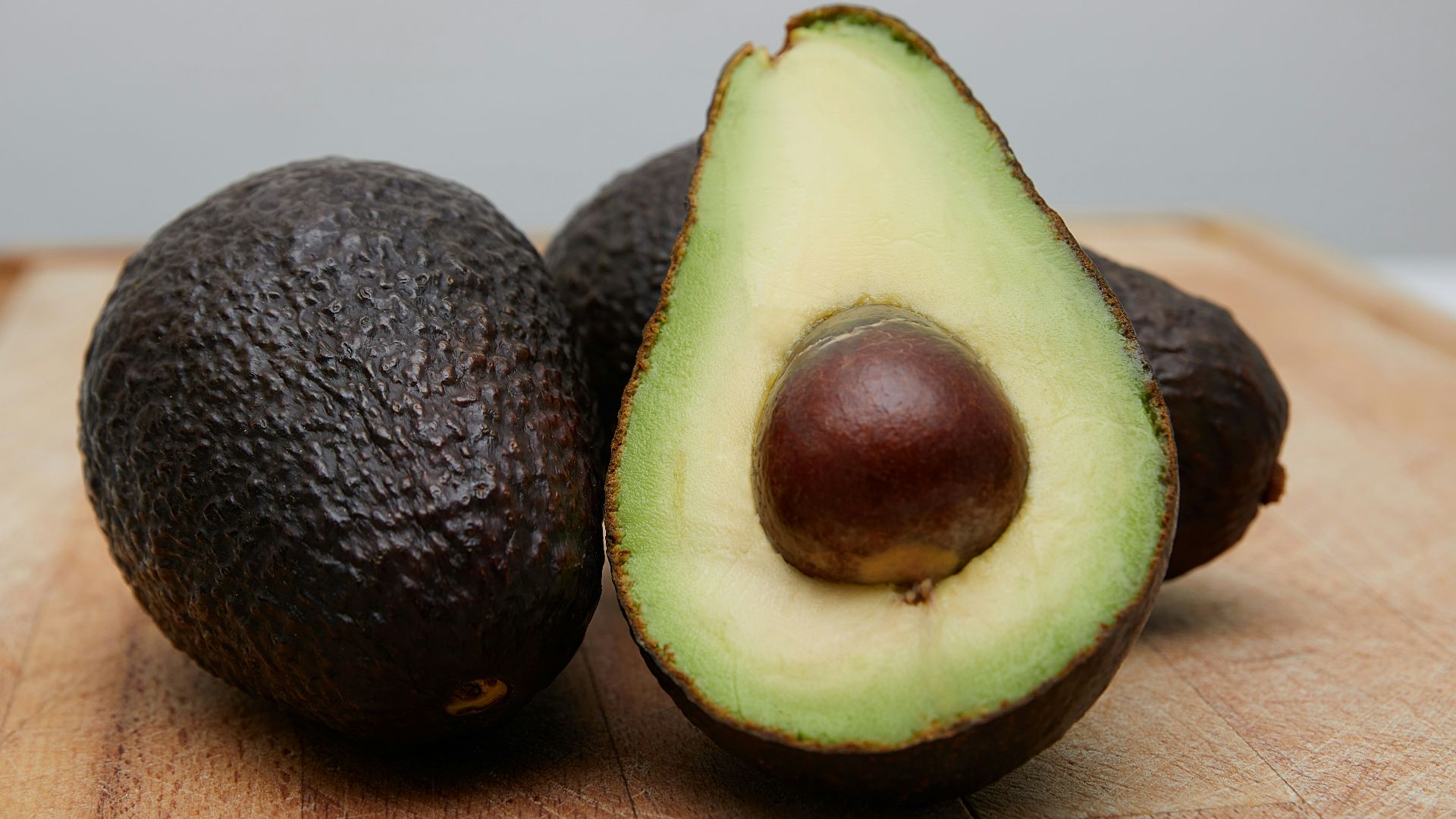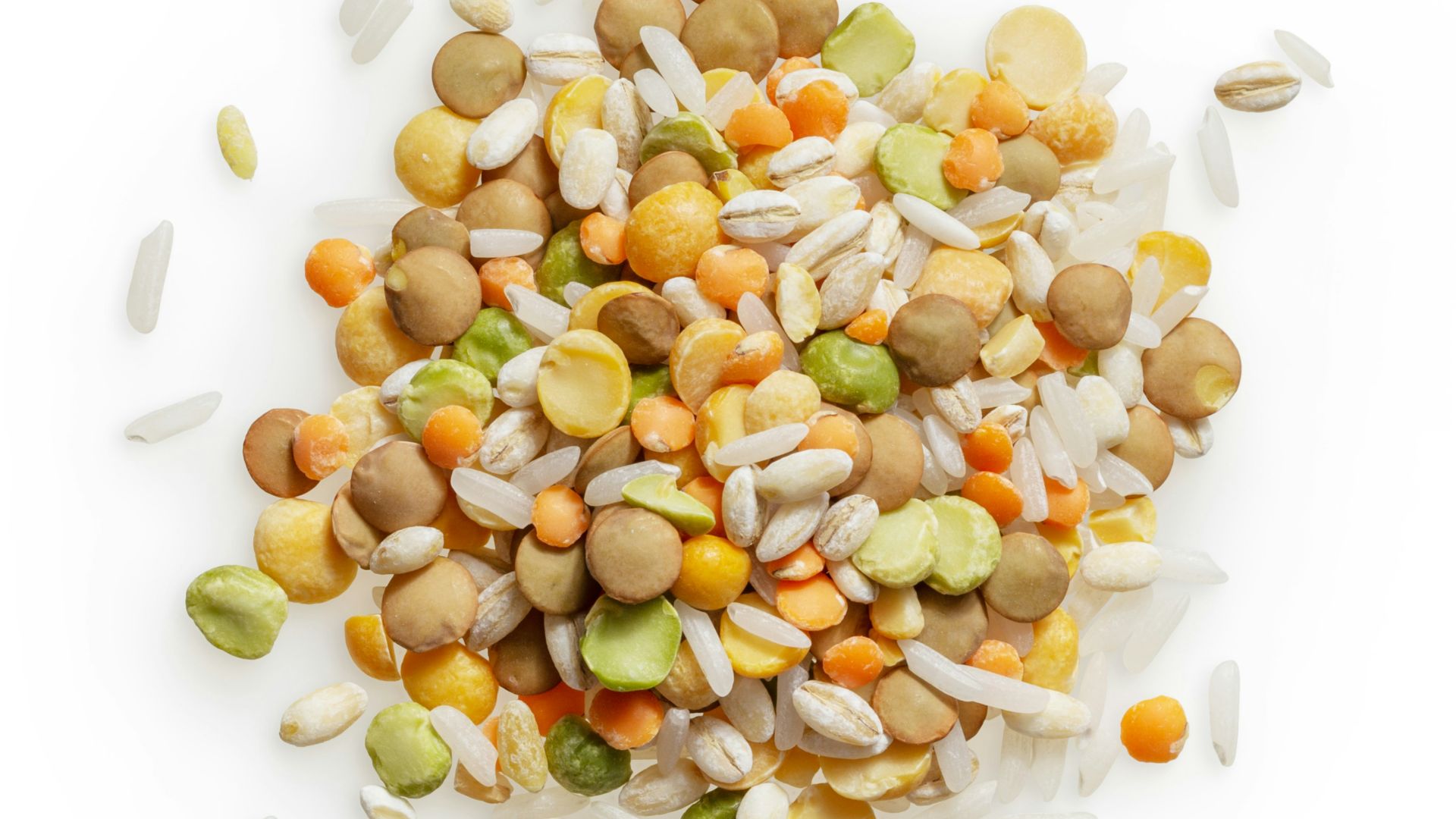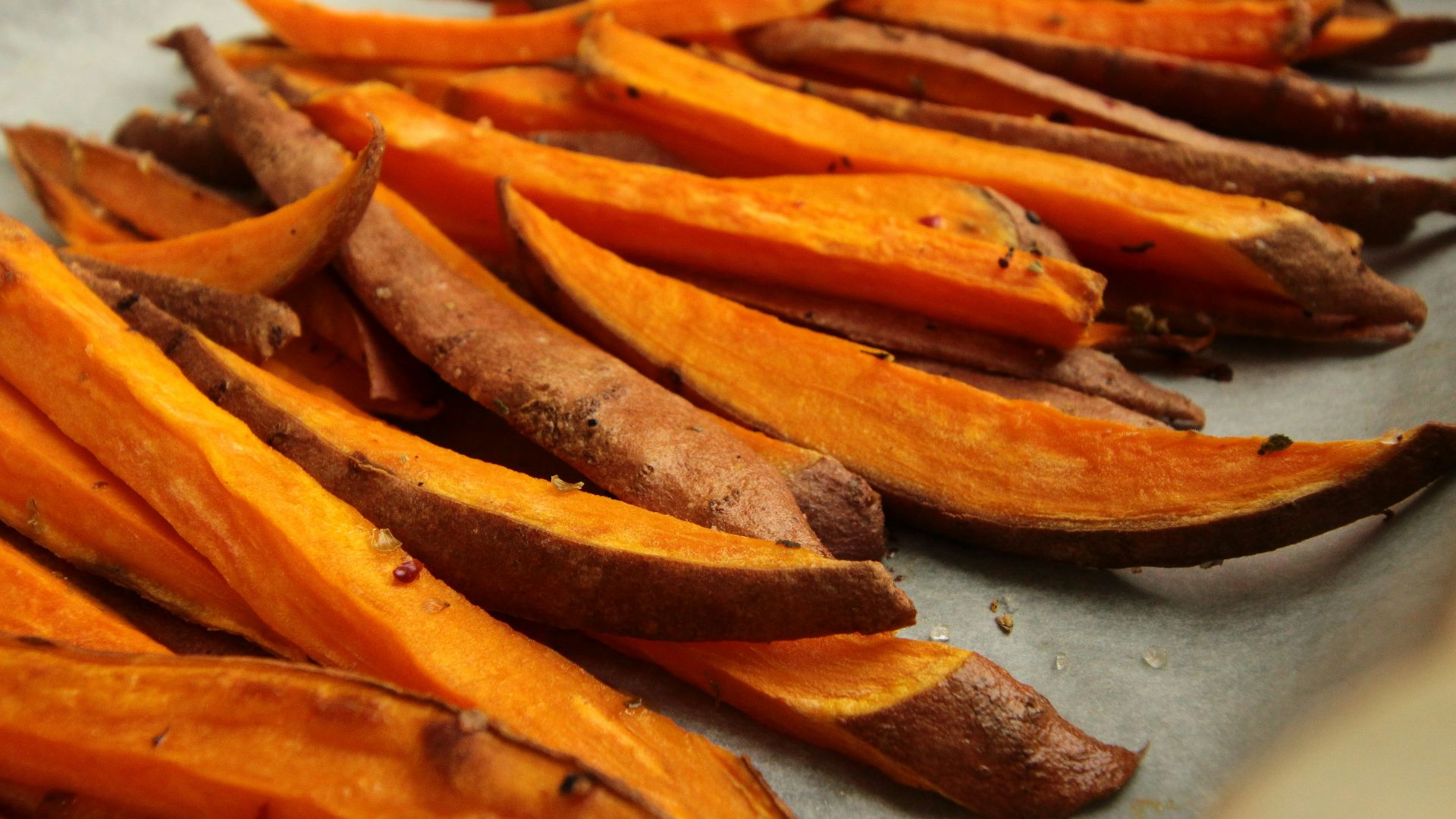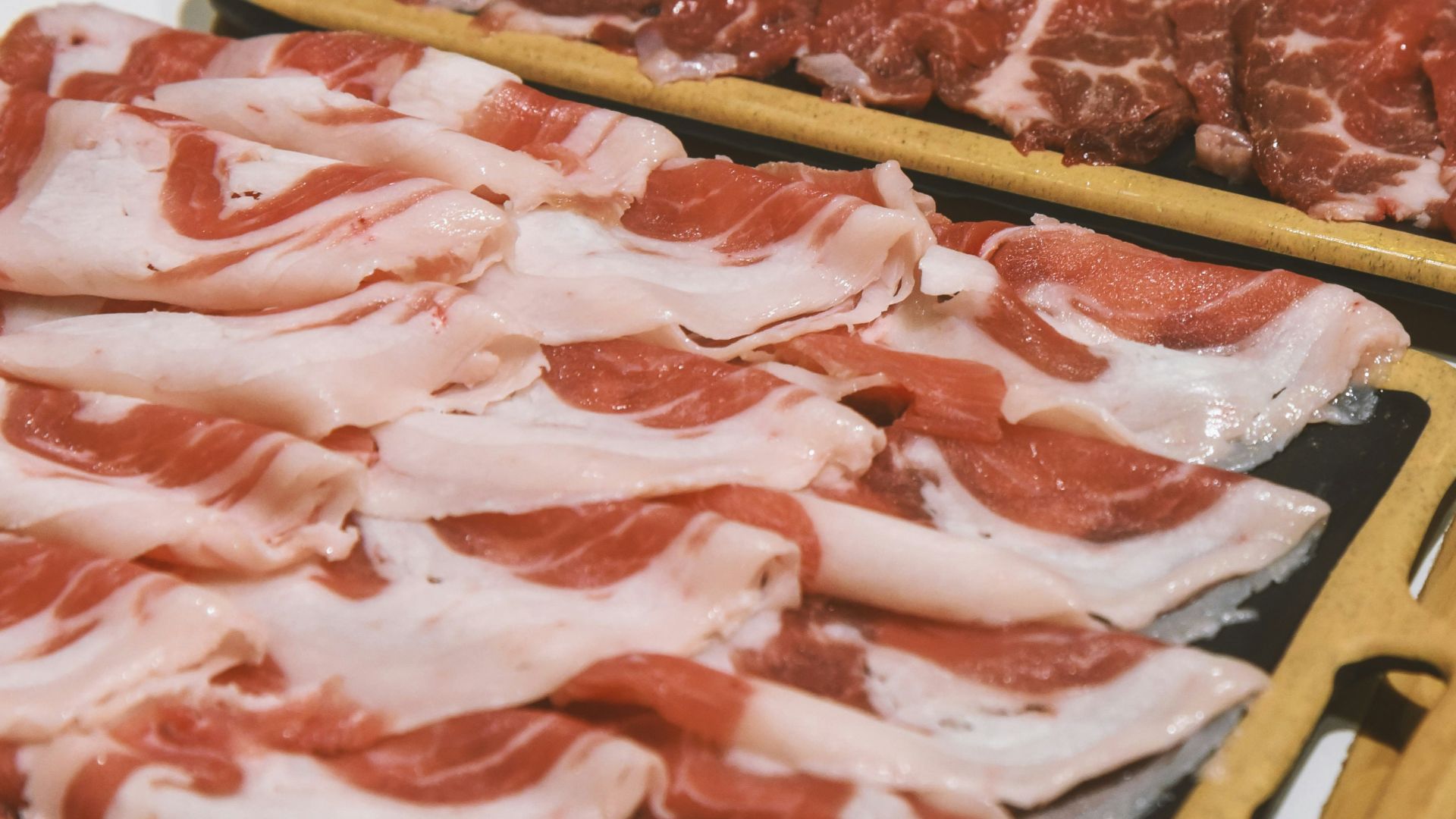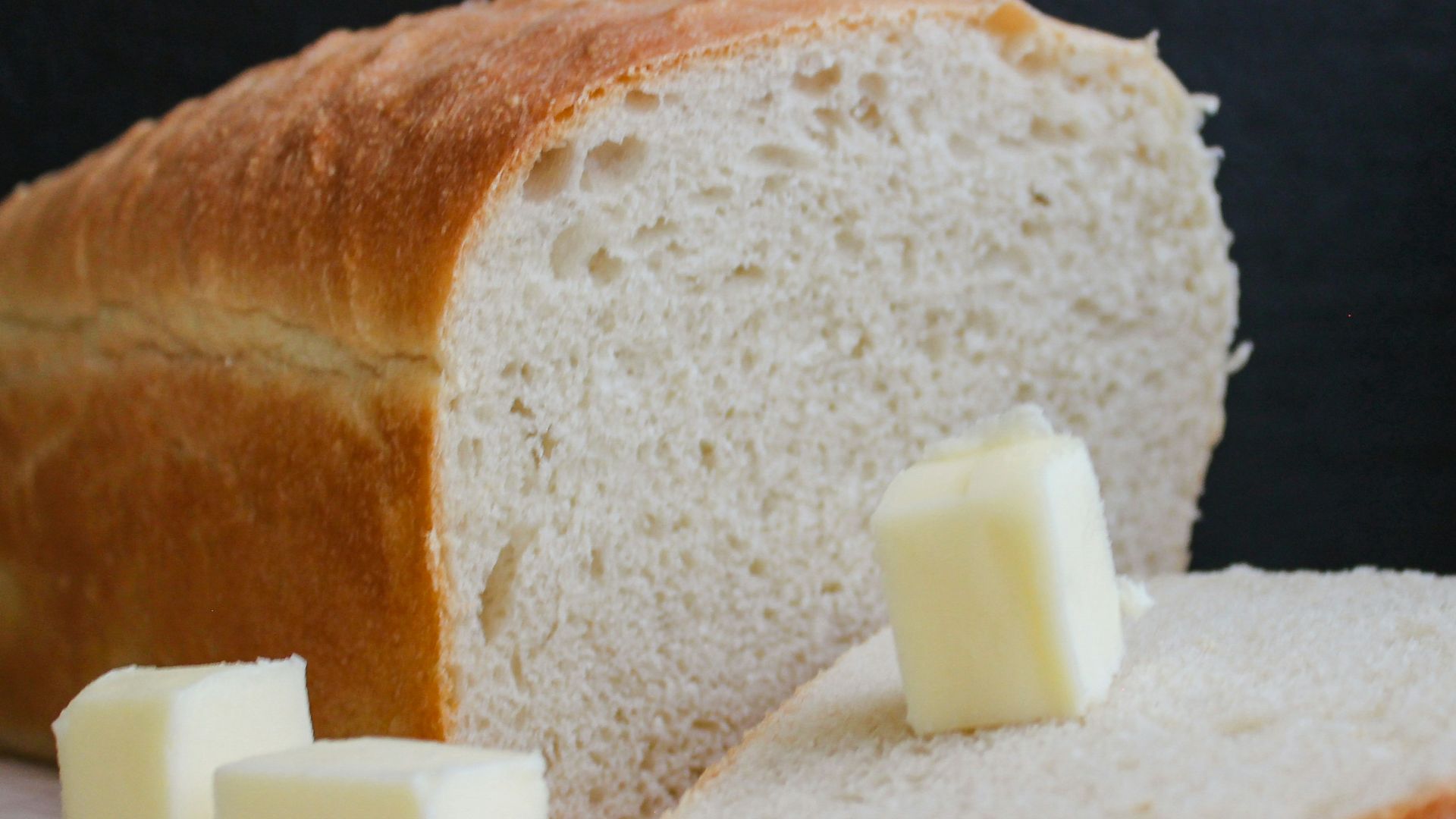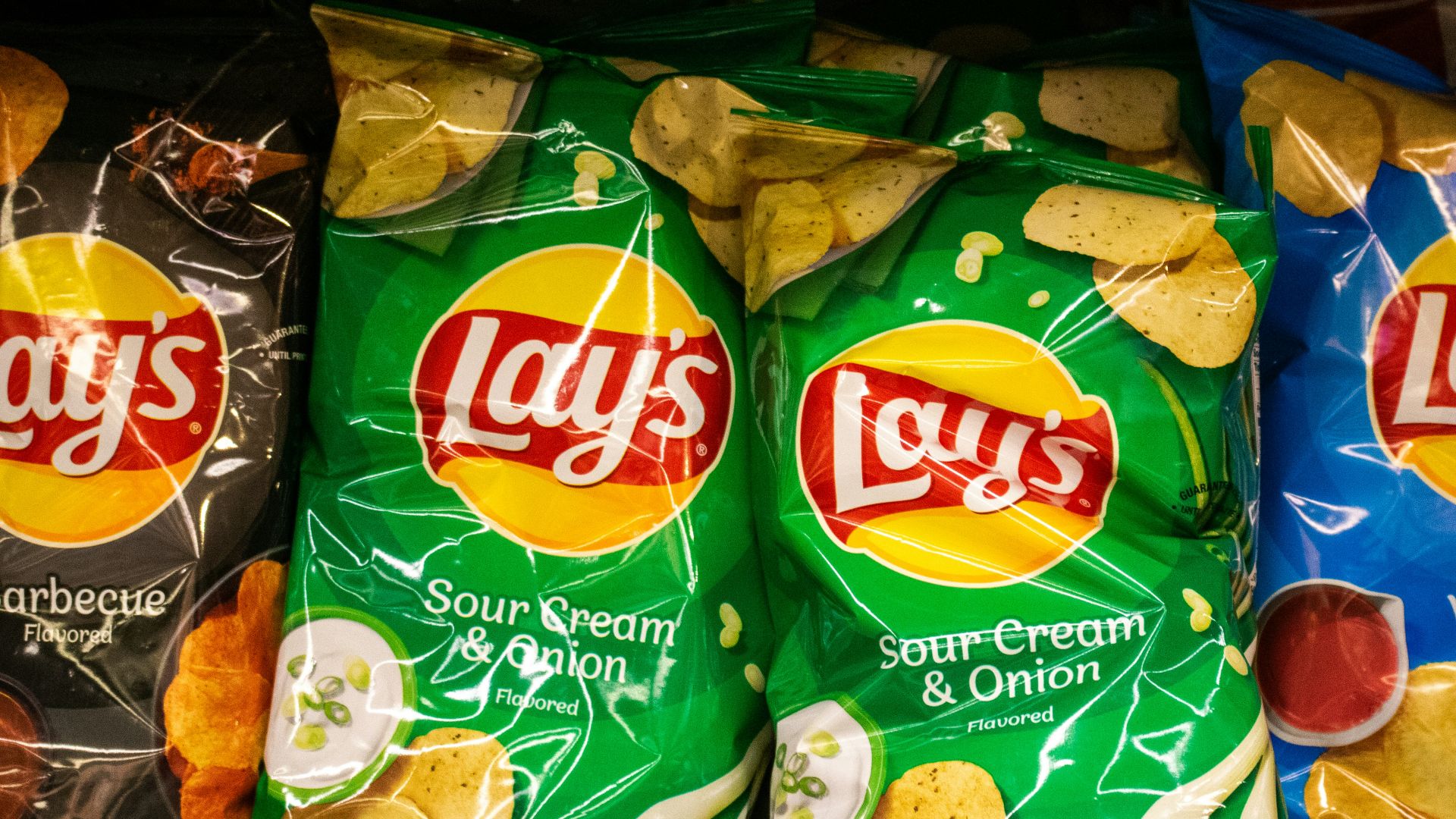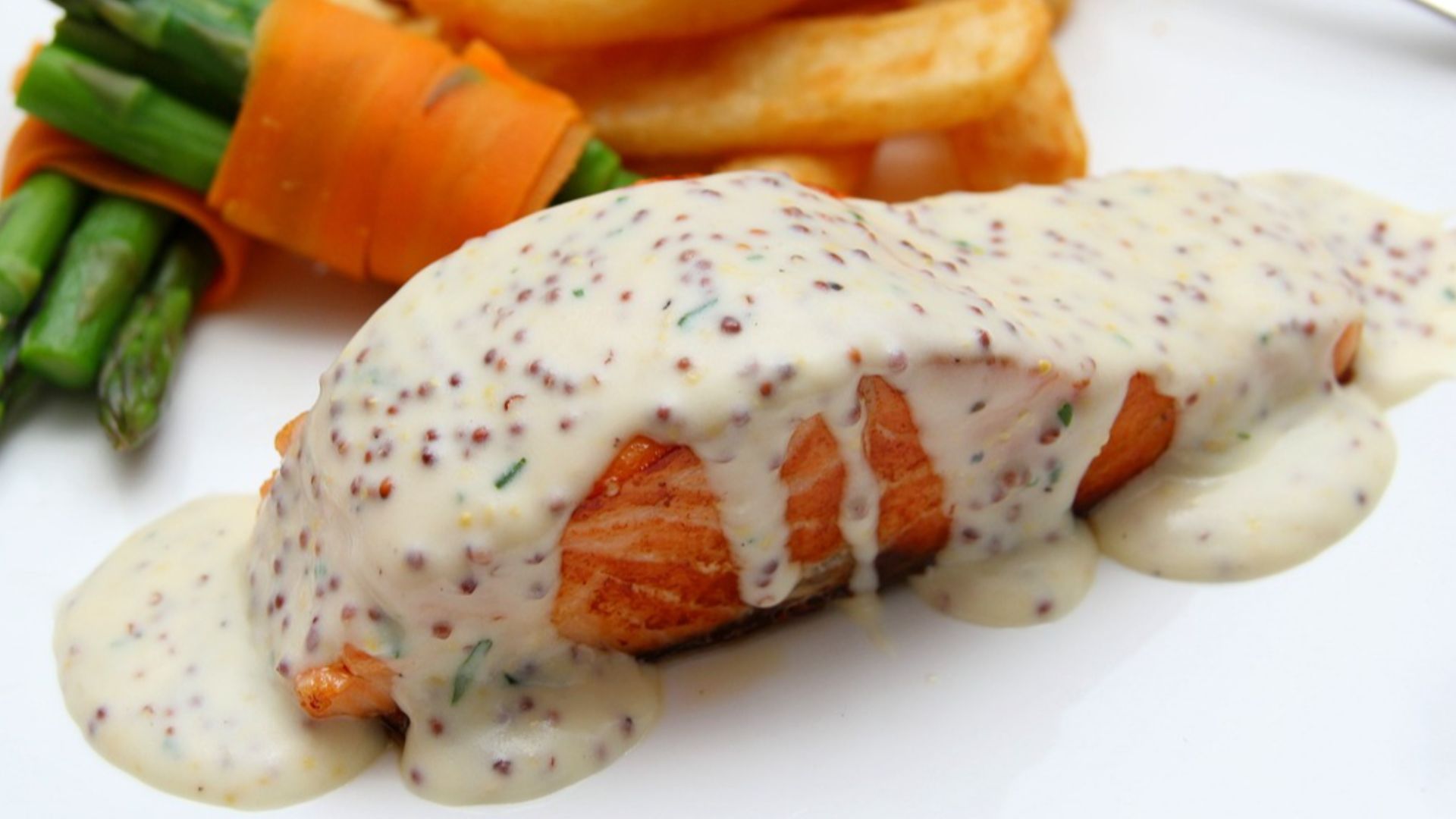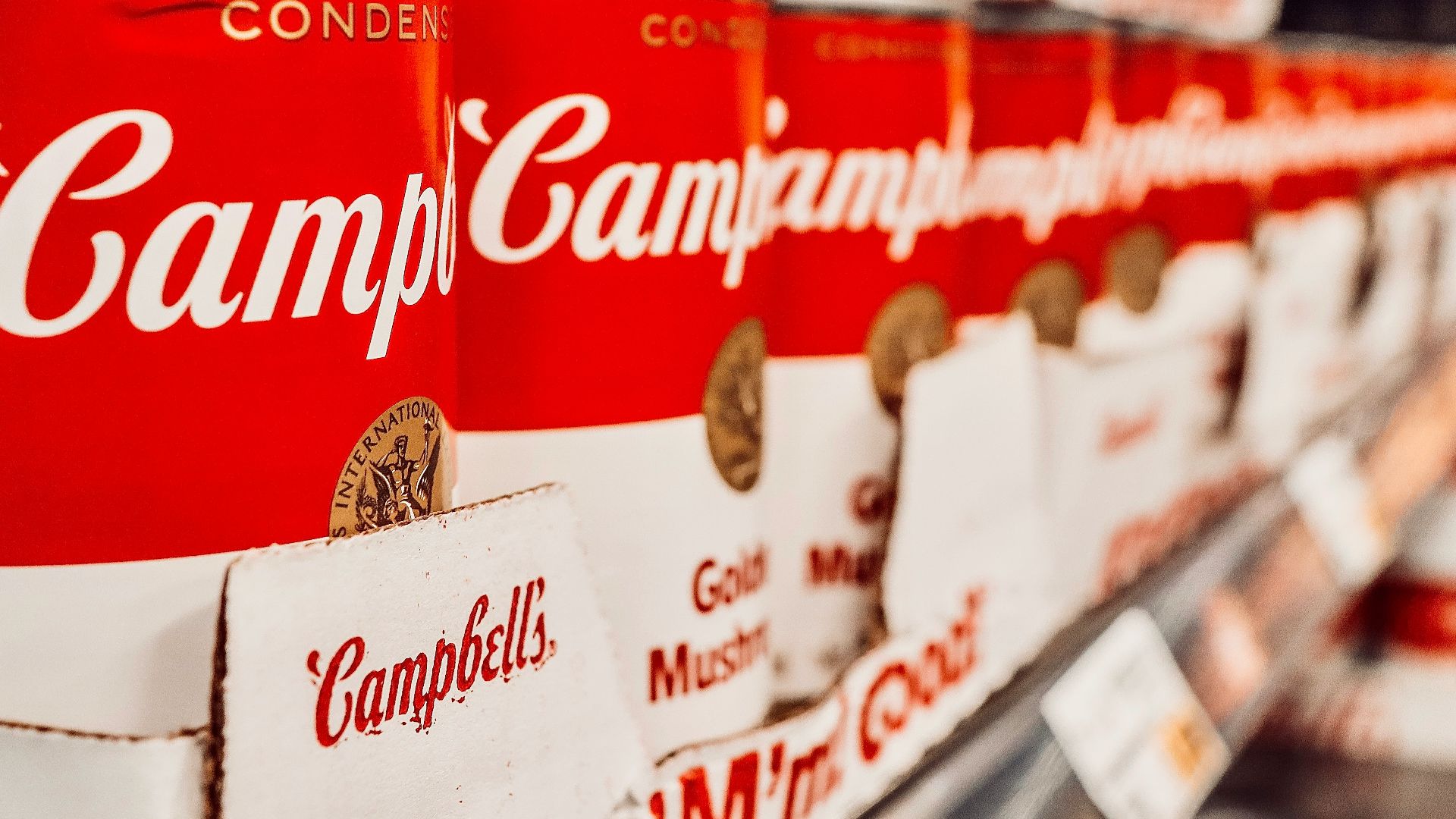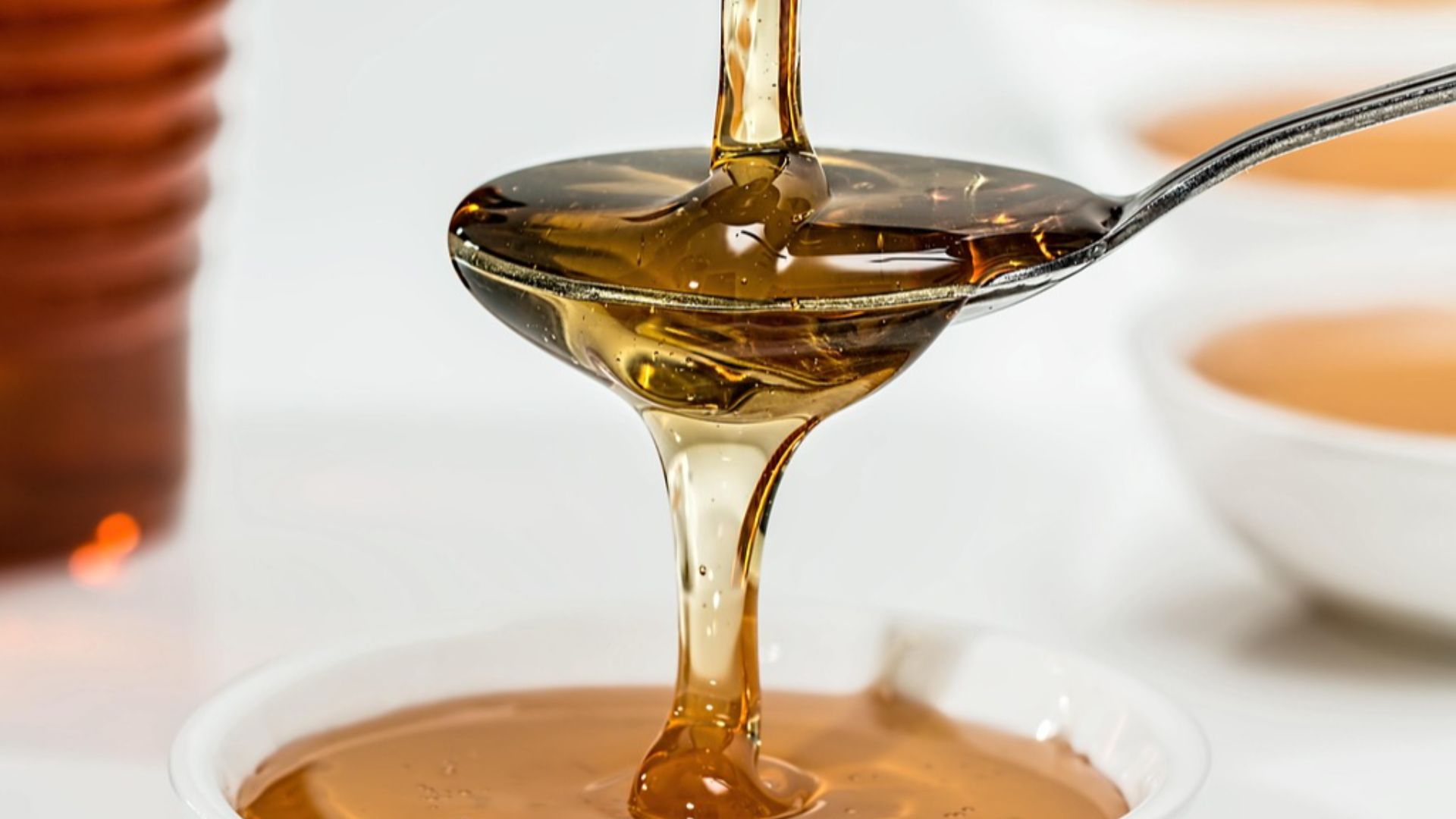Start Eating Oats After You Turn 50
Turning 50 means that you have to change your diet. This might scare some people, but even slight changes can improve your health and give you more energy. You have to accept that as you age, there are certain foods that you need to stop eating, even if it feels impossible to do so. Here are 10 foods to eat after turning 50 and 10 to say goodbye to.
1. Fatty Fish
After turning 50, maintaining heart and brain health is critical. Fatty fish are rich in omega-3 fatty acids, which promote cardiovascular health. Other benefits of eating fatty fish include reducing inflammation and maintaining cognitive functioning.
2. Leafy Greens
Everyone over 50 should be eating lots of spinach, kale, and Swiss chard. These leafy greens are full of calcium, potassium, and vitamin K, which are vital for bone strength and circulation.
3. Oats
Oats are a must for anyone over 50. Their soluble fiber helps reduce LDL cholesterol levels and stabilize blood sugar. Oats also promote digestive regularity and make you feel full for longer, which can help with weight management.
4. Berries
Blueberries, strawberries, and raspberries are strong sources of antioxidants. They contain high levels of vitamin C and polyphenols that combat cell damage and support brain health and memory. If you're over 50, incorporate berries into yogurt, cereal, or smoothies.
5. Greek Yogurt
As bone density starts to decline in most people over 50, calcium and protein become vital parts of a diet. Greek yogurt offers both in abundance, in addition to probiotics, which support gut health. Greek yogurt is also low in sugar.
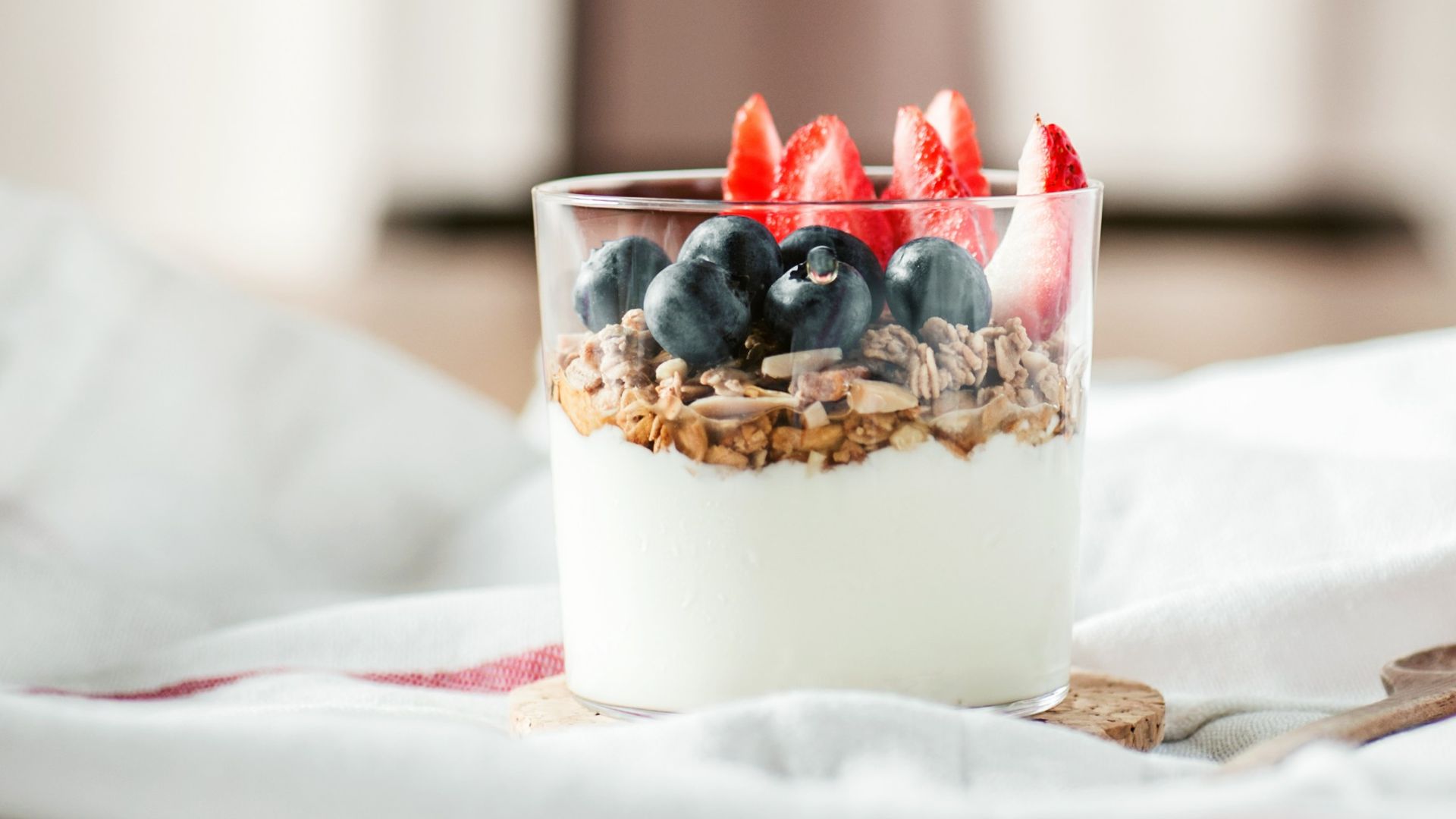 Tanaphong Toochinda on Unsplash
Tanaphong Toochinda on Unsplash
6. Nuts
Nuts, like almonds, walnuts, and pistachios, are full of healthy fats, minerals, and protein. They support heart health and brain function. Not to mention, they're a convenient snack that can curb food cravings.
7. Legumes
Plant-based proteins like beans and chickpeas are a good source of fiber, iron, and magnesium. These are crucial for maintaining energy and stabilizing one's blood sugar. Legumes are also good for cardiovascular health and digestive function. If you're over 50, try replacing red meat with legumes one to two times per week.
8. Avocados
Avocados provide healthy monounsaturated fats that work to protect your heart and improve your body's ability to absorb nutrients. They're packed with potassium to help control blood pressure. Add avocado to a salad or spread it on whole-grain toast and enjoy its many health benefits.
9. Whole Grains
Whole grains, like quinoa, barley, and brown rice, have vitamin B and minerals that can help anyone over 50 regulate their digestion, cholesterol, and energy levels. They digest slowly, which prevents your blood sugar from spiking.
10. Sweet Potatoes
Replace white potatoes with sweet potatoes to increase your beta-carotene, fiber, and potassium intake. These nutrients support vision, blood pressure, and gut health.
1. Processed Meats
After turning 50, you should stop adding bacon, sausage, and deli meats to your grocery list. These meats are heavily processed and contain sodium, nitrates, and unhealthy fats. These increase the risk for heart disease and contribute to high blood pressure.
2. Sugary Drinks
After you turn 50, your metabolism will slow, and insulin sensitivity decreases. This makes consuming sugary drinks very harmful to your health. They can spike blood sugar, promote weight gain, and may contribute to the onset of Type 2 diabetes.
3. White Bread and Refined Grains
Refined carbs lose their fiber content during processing. Over time, white bread and refined grains can contribute to weight gain, blood sugar spikes, and poor digestive health.
4. Fried Foods
Fried food is usually cooked in trans fat, which is terrible for your health. Fried foods are dangerous for people over 50, as they can raise cholesterol and increase the risk of joint pain and heart disease. Instead of frying, try other cooking methods like baking, grilling, or air frying.
5. Packaged Snacks
Packaged chips, crackers, and pastries have high levels of refined flour, sodium, and sugar. They offer very little, if any, nutritional value, and they can strain your metabolism and make you feel bloated.
6. Processed Cheese and Creamy Sauces
Unless your diet calls for more sodium, additives, and saturated fats, you should steer clear of highly processed cheeses and creamy sauces and dressings once you're no longer in your 40s. Instead, go for natural cheeses and flavor your dishes with herbs, olive oil, or Greek yogurt-based sauces.
7. Sugary Desserts
We're sorry to say, but turning 50 means you should enjoy fewer servings of cake, cookies, and ice cream. These high-sugar desserts can accelerate aging, make you gain weight quickly, and increase the risk of diabetes.
8. Alcohol
A glass of red wine now and then is fine, but anyone over 50 shouldn't consume alcohol excessively. Alcohol affects your metabolism and liver function. It also disrupts your sleep and can increase dehydration. When you're drinking, try to balance it with plenty of water and nutrient-rich foods.
9. Canned Soups and Meals
Many canned soups and prepared meals are convenient, but they are rich in sodium and preservatives that you don't want to put in your body. Eating too many of these can spike your blood pressure and cause water retention. If you must go for these products, at least buy the low-sodium options.
10. Artificial Sweeteners
These are often marketed as a healthy alternative to sugar, but they can interfere with gut bacteria, appetite control, and insulin response. They also tend to increase your sugar cravings, which can lead to trouble. Go with natural sweeteners like honey and leave the artificial sweetener packets on the grocery store shelf.
KEEP ON READING

10 Pre-Workout & 10 Post-Workout Tips To Follow




